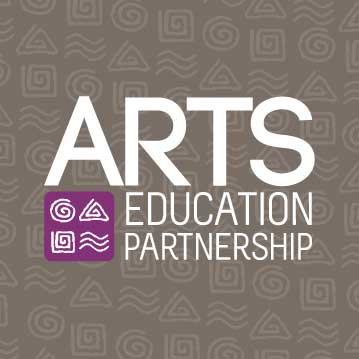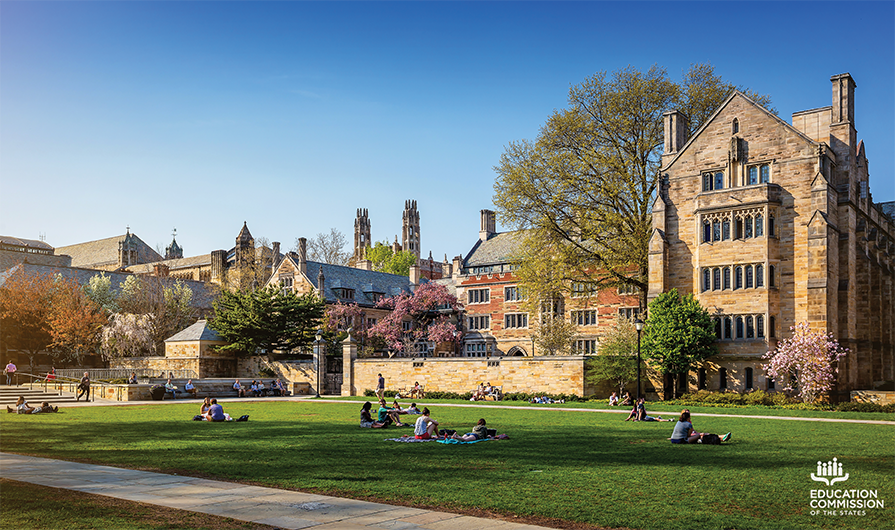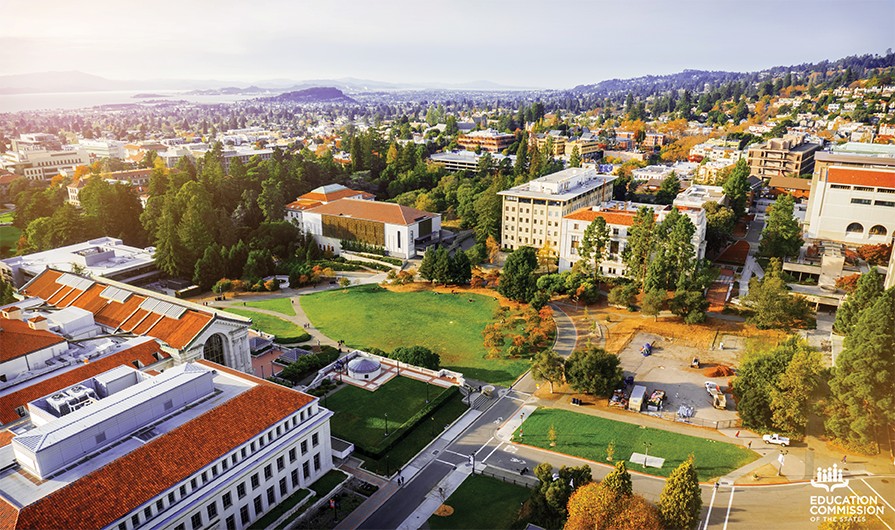America’s future economic growth depends on the strength of our world-class education system. The Arts Education Partnership (AEP), a center within Education Commission of the States, recognizes arts education as a key to ensuring students’ success not only in school, but also in the workplace and beyond. As discussed in a new report, Beyond the Core: Advancing student success through the arts, research shows that arts education can have dramatic effects on critical 21st century skills, such as creativity, teamwork and perseverance. While arts education supports success across student groups, disadvantaged and at-risk youth often see even greater success through these programs.
A recent survey indicates that nearly 45 percent of business executives think that Americans lack the deeper learning skills needed for success in the 21st century workforce – communication, creativity, collaboration and critical thinking. Currently, several initiatives are underway to help strengthen these competencies in young people and prepare them for careers. For example, the U.S. Department of Education, in partnership with multiple stakeholders, developed an Employability Skills Framework. The framework and website serve as a resource to inform the instruction and assessment of skills related to applied knowledge, effective relationships and the workplace. In addition, the Association of Chamber of Commerce Executives compiled several resources related to enhancing character and soft skills in our nation’s youth. State policymakers, educators and business leaders should continue collaborative efforts to develop and leverage the skills students gain through arts education as a key employment and economic growth strategy.
Numerous research studies indicate that deeper learning skills can effectively predict long-term success in college, careers and citizenship. As early as 2002, the National Governors Association issued a report highlighting how arts instruction impacts learning, including that children who study the arts are:
- Four times more likely to be recognized for academic achievement.
- Elected to class office within their schools three times as often.
- Four times more likely to participate in a math and science fair.
- Three times more likely to win an award for school attendance.
- Four times more likely to win an award for writing an essay or poem.
And, as highlighted in the AEP report, Preparing Students for the Next America, arts education:
- Equips students with the skills to be creative, a key for success in the 21st century workforce. Students receiving an arts-rich education perform better on assessments of creativity than do students receiving little or no arts education. Performing arts students, for example, show greater flexibility and adaptability in thinking than their peers.
- Strengthens problem-solving abilities. Students who study the arts, for example, score higher than their peers on tests measuring the ability to analyze information and solve complex problems, and are more likely to approach problems with patience and persistence.
- Builds collaboration and communication skills, allowing students to experience what it feels like to be active community members and to work as a team to determine and achieve common goals.
- Develops leadership skills, including decision-making, strategy-building, planning and reflection. Students also prepare to effectively use these skills by developing a strong sense of identity and confidence in their ability to meaningfully affect the world.
At the 2017 AEP Annual Convening, attendees will learn how to frame the importance of the arts in education to audiences in the business community and elected officials, and how the inclusion of the arts in pre-K-12 curriculum can better prepare students for tomorrow’s economy. For more information about strategies to increase access to the arts in education, please visit the AEP website, or explore research about the impact of arts education at ArtsEdSearch.













